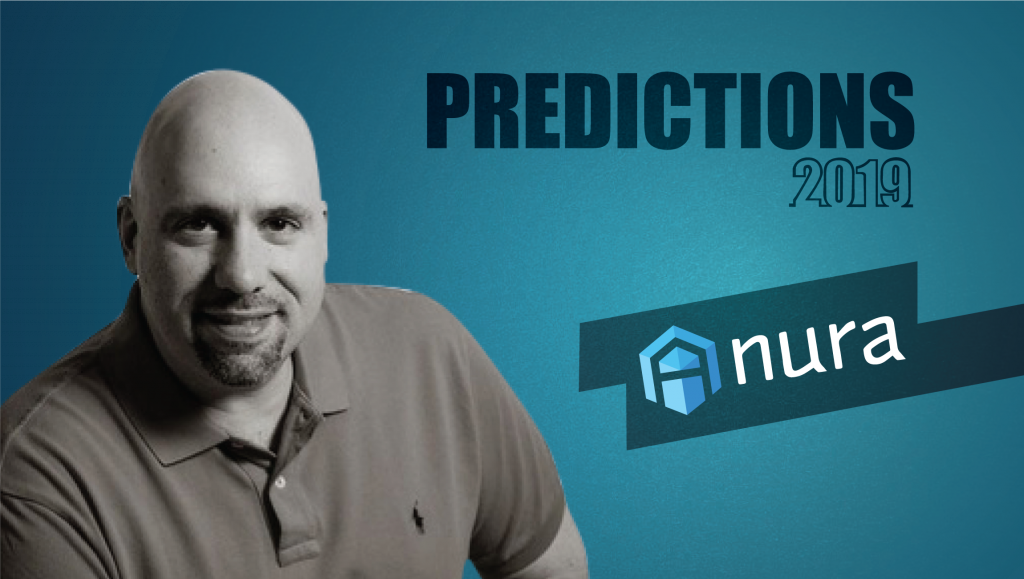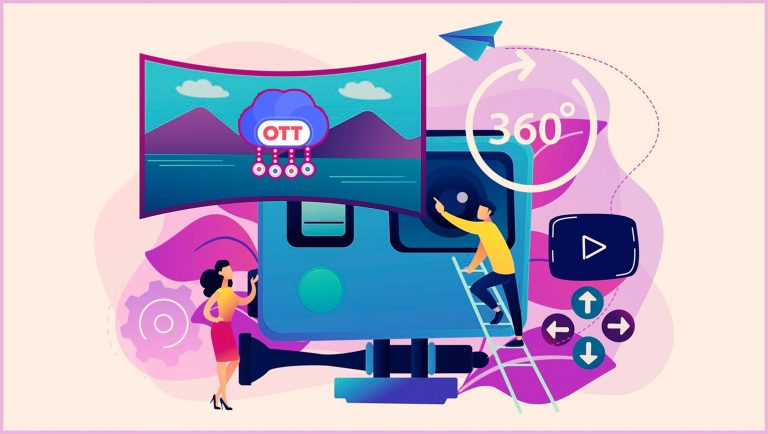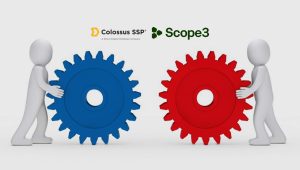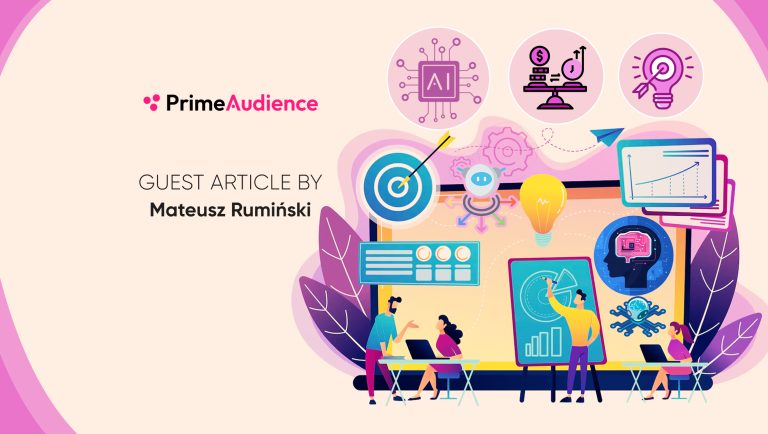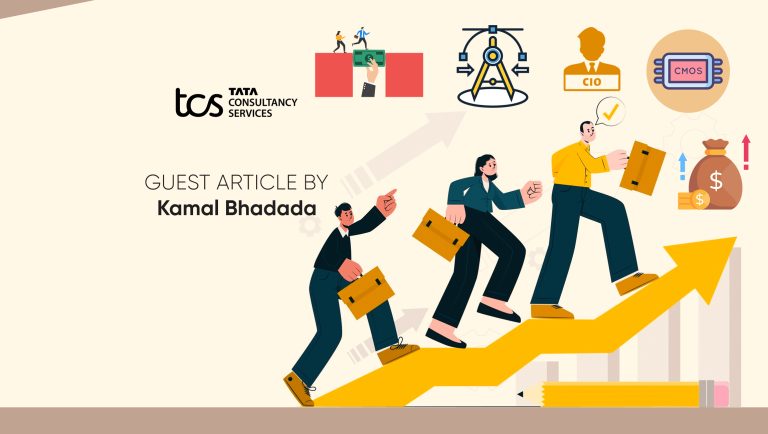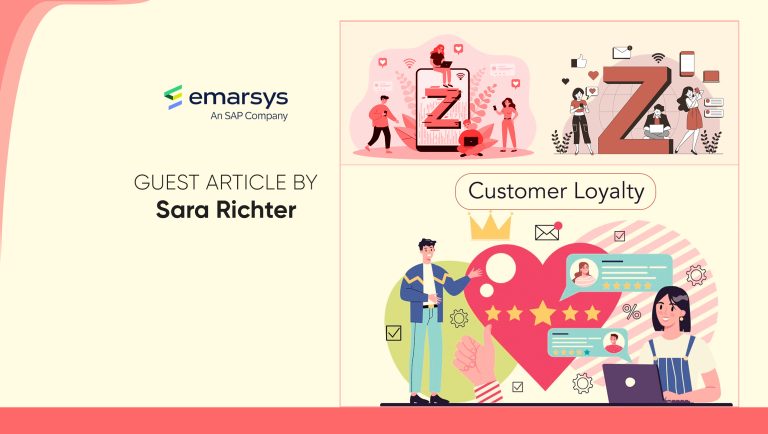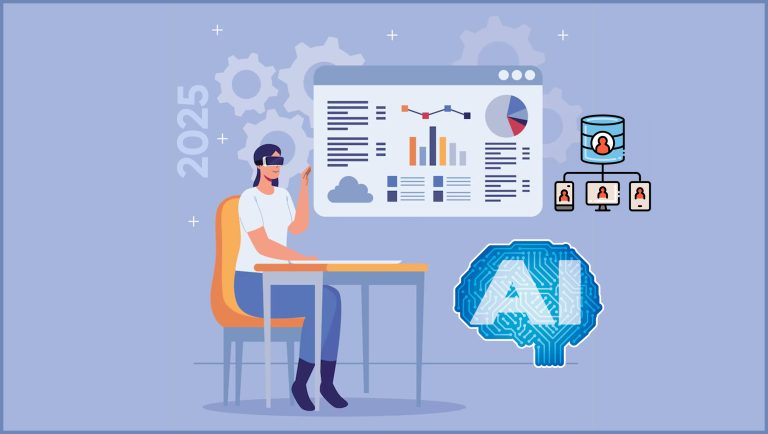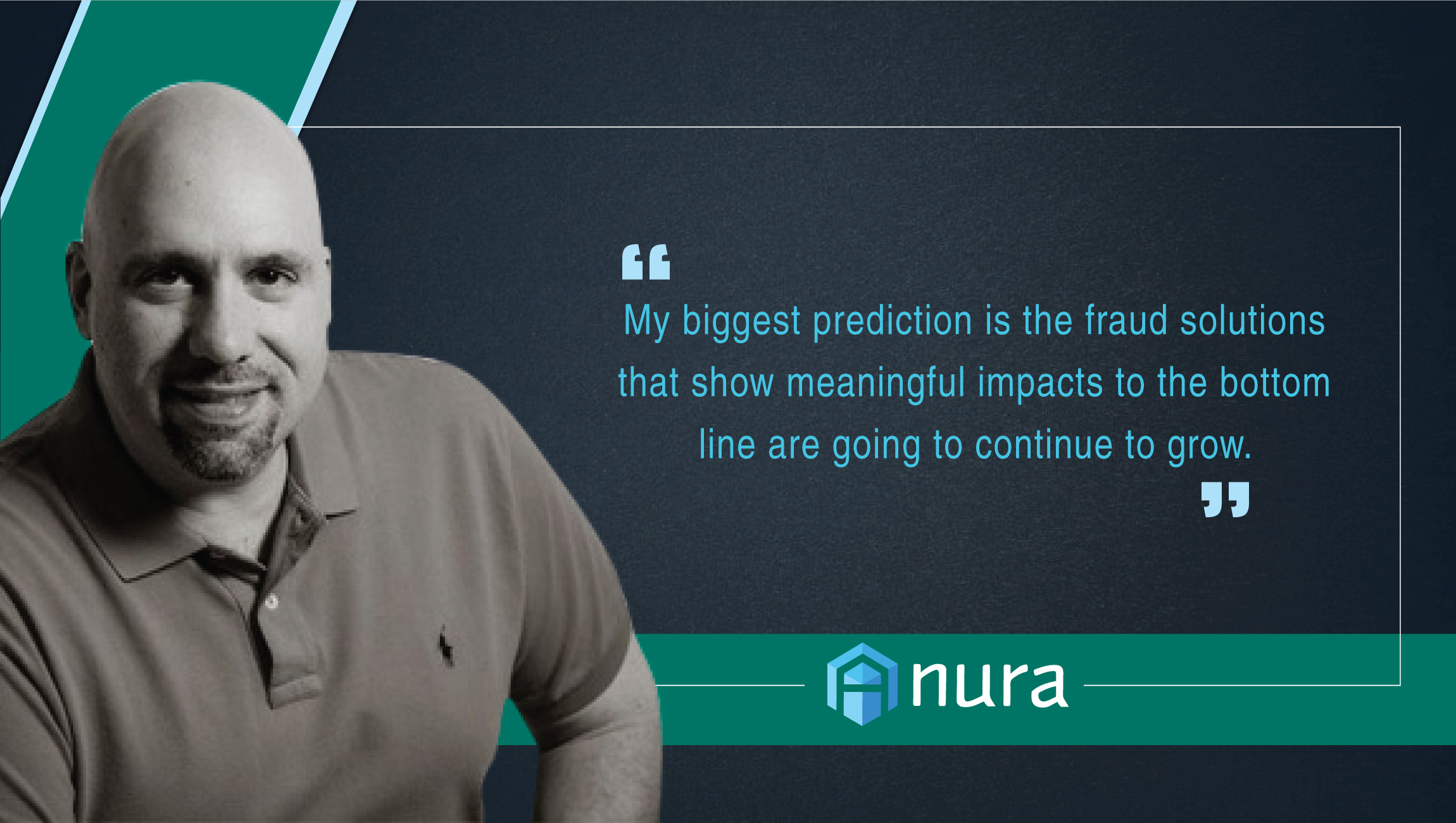
What opportunities and challenges did you and/or Anura identify at the start of the 2018 and have things worked out as planned?
At the beginning of 2018, the challenge was identifying where we fit into the market best. Based on how we built our model, we knew our accuracy level was higher than anything else, which is why we launched Anura as a standalone model. But we wanted to figure out where did we fit best: programmatic or performance based?
We needed to determine where was our niche. We were coming late to the game as a third-party solution for fraud, and we knew that, yet we’ve been doing it longer than anyone else. So, for us, it was really understanding as a new player to the market where do we fit.
By mid-year, we identified that we’re falling into the performance-based marketing area because we can help companies see a positive impact on their ROI. (Although we do cover fraud across every aspect of digital assets from programmatic, performance-based, eliminating CAPTCHA to pretty much anywhere you want to identify real and fake users.)
Since making that decision, we saw the recent IAB report that most marketers are using performance-based marketing campaigns. Now, of course, had we seen the report at the beginning of the year, it would have made our decision a lot easier. But at the time, it made sense for us to go in that direction, and then when the report came out recently, it just solidified our decision.
As an ad fraud expert, how do you contribute your expertise to the B2B marketing and advertising landscape?
I’ve been in the online marketing space since 1993, so I have a lot of marketing experience helping marketers do online advertising through a variety of mechanisms (e.g. email marketing, search, social, SEO, display). You name it, I’ve done it in the last two-plus decades. Through it all, fighting fraud has been an integral part.
One way I contribute my expertise is through articles that help companies understand what is ad fraud. The other is helping them to eliminate ad fraud and optimize their campaigns and their advertising budgets. There are so many companies out there that can help you fine-tune marketing, but there are so few true fraud companies that actually make a meaningful impact on your bottom line.
We’re one of the only that actually do it the right way. And as a fraud expert, we can actually bring technology to companies that make a meaningful impact to their bottom line. And the beautiful thing is when we apply our technology, they can see that almost immediately. So, it’s no longer, “Let’s analyze your campaign, make some adjustments over a couple months, and see how we’ve done.”
It’s not this long-tail process of trying to improve a campaign over time. This is a simple, immediate return within that first week of deploying our technology. It’s an immediate lifted technology, and when you can do that for a client, that quick, that fast, it’s beautiful.
What are your predictions on the “role of ad verification tools” in fighting ad fraud?
My biggest prediction is the fraud solutions that show meaningful impacts to the bottom line are going to continue to grow. As I talk to clients in the marketplace, whether we win the contracts or not, what we’re hearing from people is:
- “My solution isn’t working because XYZ, or
- I’m not a fraud expert, but I can see that they’re missing stuff, or
- If I can see it and I’m not a fraud expert, then I have a problem with the tool.
We like that our clients are constantly checking and double-checking our results to see if maybe we’re wrong. And every time they check and continue to find out that we’re correct, it just validates our process. Now, while we strive for perfection, we do realize no tool is right 100% of the time, but the more and more clients that confirm that your tool is doing the job and increasing their revenue, that’s what’s going to eventually win in the marketplace.
As a CEO in MarTech, what message would you give to other MarTech leaders, especially CMOs and Data Officers?
When it comes to ad fraud, constantly test your providers and not just ad fraud providers, but your data providers. You don’t owe loyalty to your third-party vendors (and that’s not just ad fraud, that’s all your third-party vendors). You owe your loyalty to your company, and to your clients.
At the end of the day, your clients are your boss — they’re the ones who pay your bills, they’re the ones who pay your paycheck, and ultimately, they’re your boss. For CMOs, it’s your job to make sure you have the right tools in place to give your clients the best possible product that your company can offer.
So, it’s important to constantly test and evaluate new tools in the marketplace. And that’s not something you have to do every day. It’s something you should do yearly, kind of like your New Year’s resolution every year. In Q1, everything settles down so it’s the best time of year to start testing new tools.
For Data Officers, pay attention to the data that’s most important — things that drive revenue, things that increase costs. Fraud is something that can sneak up on you and really mess with those numbers, so it’s paying attention to the bottom line/paying attention to those numbers. Stay away from vanity metrics/things that really don’t matter. Everyone gets caught up in the new metrics of the day or the new “flavor of the month.”
How do you think IBM-Red Hat deal would impact the landscape? How do you review all the insights from the industry on such mega deals?
I look forward to seeing how IBM is going to take advantage of their new tech within their company. It’s interesting how IBM has evolved from a business machine manufacturer to Machine Learning and the cloud. They’ve become a leading-edge technology company, and it’s great to see.
I know people don’t like the mega deals because for smaller companies, like us, it makes it difficult to compete.
I had the opportunity one time to tour Microsoft’s Xbox facility that produced the Xbox. You look at these mega deals like Microsoft buying up all of these different things and Xbox is an example of, “It would be nice to get in the gaming market. Here’s half a billion dollars let’s see what we can do about that.”
When you have that kind of money, anything you can think of, you can just throw money at it and see where you can go with it. If they didn’t have that thought and that money, you wouldn’t have that gaming console. And if they didn’t have that vision and do that, they wouldn’t have pushed other mega companies to try and compete and push each other to create even better products.
Another example, Steve Jobs trying to impress his daughter is how the iPod came about, then that became the latest craze and it evolved into the smartphone and launched an entire market of smart devices.
Mega companies have the money to turn their visions into reality. The guy in the basement, unfortunately, doesn’t have the resources to easily do the same and has to be more creative in bringing their vision to market. IBM decided to buy Red Hat with the vision to own the cloud space, in time we will all see if their vision becomes our reality.
Do you think AI-as-a-Service and Experience-as-a-Service could be the new destination for MarTech companies?
It’s definitely a great opportunity for MarTech companies to get involved in those areas. Trying to create AI on your own isn’t easy. It requires server power, time to set up, cost, being a whiz kid, etc. AI-as-a-Service makes getting to market a lot quicker so you can take advantage of that type of technology and spend more time building something on top of it. Companies launching new products can take advantage of new “as-a-Service” offerings to get their products to market sooner. So, with everyone wanting to get into AI, this is a great area to get into, if you can make it cost effective and easy to deploy.
What was the most impactful lesson you had learned from 2018? How do you plan to implement the lesson in 2019?
GDPR had a big impact in 2018, especially for those businesses who waited until the last minute. For us, we were GDPR-compliant weeks ahead of the deadline. While we weren’t heavily impacted, a lot of our clients who collect more personal identifying information (e.g. lead info), had a lot more hoops they had to jump through. As a result, businesses’ growth slowed temporarily while the focus was on becoming compliant. But it had to be done because GDPR is a step in the right direction for protecting privacy.
Which leaders in the industry do you closely work with? How do they help you stay close to the business actions?
The leaders that I work closely with are personal colleagues that I have developed, spanning two decades. I will reach out to them from time to time, usually, every few months if I have questions or concerns. We bounce stuff off each other, which helps since we’re a very niche space.
Staying up on business actions, I will talk to my employees because they’re laser-focused on different aspects of the company. I’ll also talk to clients because they’re the ones using my product and help me understand areas what they like, don’t like, and areas that can improve, etc.
One advice to all the CEOs and leaders in your community.
I am a hands-on CEO. I feel I need to be hands-on in all aspects of the business because that’s who I am. I like to be part of what’s going on. I have so many different areas of the business running and take an interest in every aspect of the business. It shows you care about that department and helps keep the company a cohesive group. I know this makes it harder to grow my company to a bigger organization in some respect, but that’s who I am, and I really don’t know if I would enjoy it any other way.
I am the co-founder and CEO of eZanga.com, Inc. and ad fraud solution Anura.io. With over 25 years of experience in online advertising and ad fraud mitigation, I have been recognized as one of the most noteable security experts in the digital marketing space. I am an Ernst & Young Entrepreneur of the Year Award recipient for technology and have been named as a finalist in the American Business Awards for Best Executive of the Year.
Fortunate enough to be a serial entrepreneur, I sold my first company, an ISP, to a publicly traded organization. Shortly thereafter, I co-founded Paid for Surf, which reached $1 million in revenue within five months of operation. With its success, I co-founded eZanga.com, a digital marketing company. With a deep understanding of digital marketing strategies and tactics, we launched an internal ad fraud solution called Traffic Advisors to pre-filter our clients’ traffic. This later led to the stand-alone ad fraud platform, Anura, to tackle ad fraud in any environment.
In my spare time, I spend time with my wife and four children. I am a licensed pilot and enjoy flying small planes, vacationing, and traveling. I’m also a movie buff and enjoy investing in Real Estate.
![]()
Anura is an ad fraud protection solution that monitors your traffic to identify real users versus bots, malware, and human fraud. Built and optimized on customer conversion data since 2005, Anura excels in conversion-based campaigns, finding more fraud with greater accuracy. Our integration offers complete transparency with a full Analytics dashboard to identify bad traffic by a variety of metrics.


